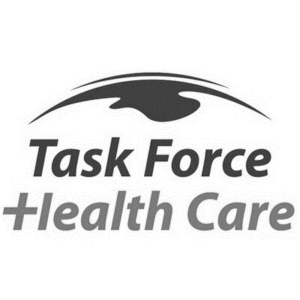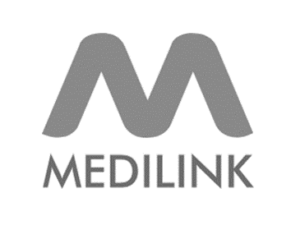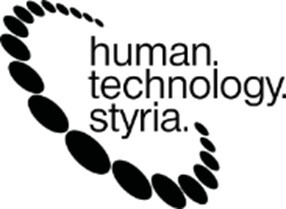New technology in healthcare improves and the healthcare and regenerative medicine fields continue to witness remarkable innovations that promise to revolutionize patient care including new medical technologies.
From gene editing and personalized clinical trials to non-invasive diagnostics, telemedicine and advanced prosthetics control, these innovations offer hope and progress in various areas of medicine.
mRNA Technology
mRNA technology has lately received attention due to the implementation of this research in the new Covid-19 vaccinations. mRNA vaccines offer an alternative to the standard vaccine strategy due to their remarkable effectiveness, fast development, and potential for low production costs.
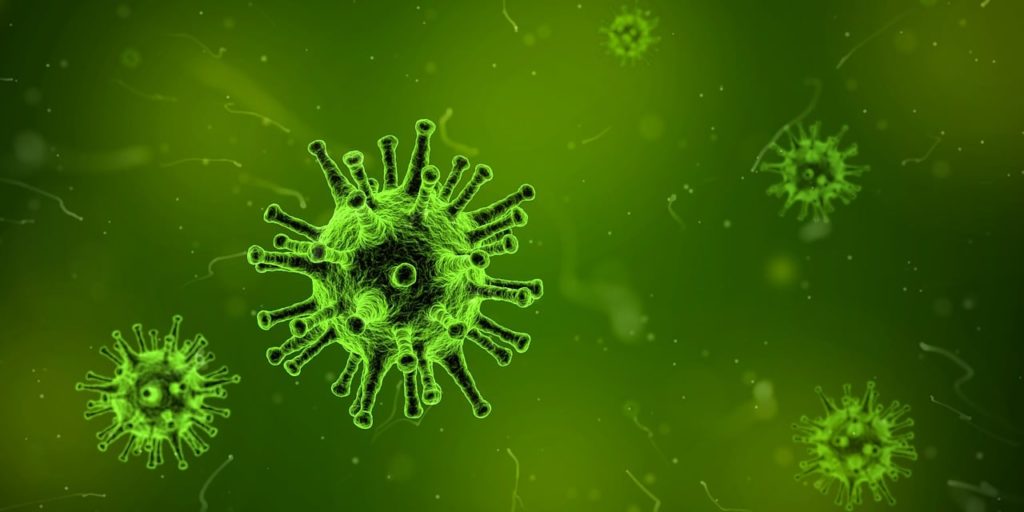
Virtual Reality
Virtual reality has been around for a while now and it is currently being utilized to treat and manage various psychiatric disorders and conditions, ranging from stress and anxiety to dementia and autism and it is also employed now for efficient pain management by modifying patients’ attitudes and perceptions about pain.

Neurotechnology
Neurotechnology has the potential to improve many aspects of life significantly. It is already being used in the medical and wellness industries, but it also has many prospective applications in education, workplace management, national security, and sports.
Artificial Intelligence
In 2023, AI will be one of the most intriguing technologies transforming the healthcare environment.AI is proven to be extremely useful when it comes to detecting diseases early and quickly verifying an accurate diagnosis. In breast cancer care, for example, AI allows mammography reviews to be 30 times faster with 99% accuracy, minimizing the need for unnecessary biopsies.
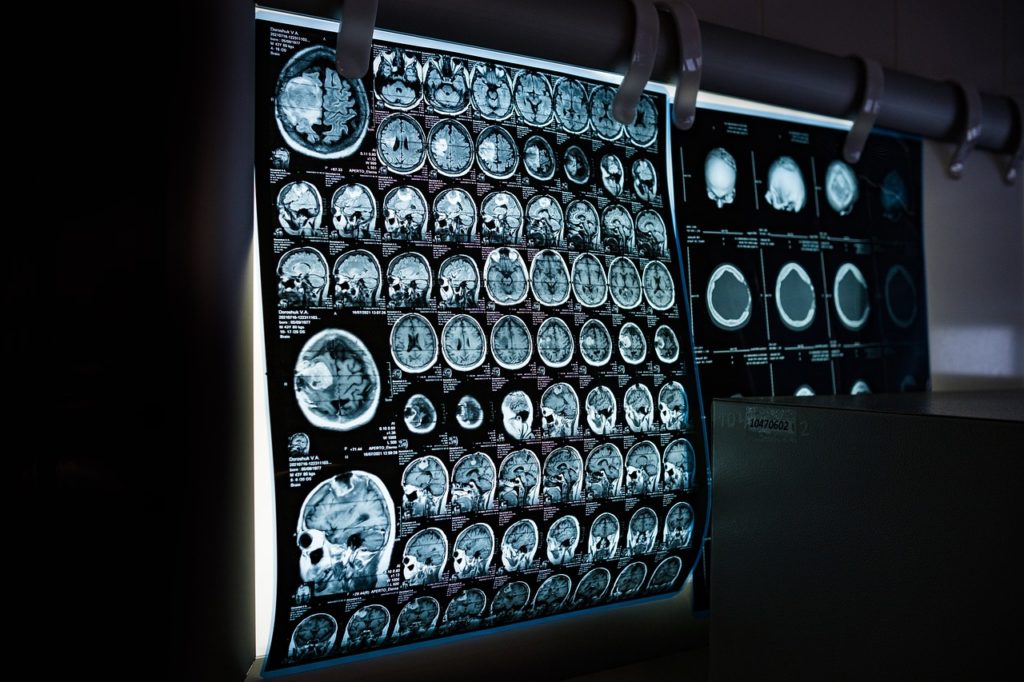
3D Printing
3D printers have swiftly become one of the market’s trendiest technologies. It can use game-changing printers in healthcare to generate implants and joints for surgery. 3D-printed prosthetics are becoming increasingly popular because they are completely customized.
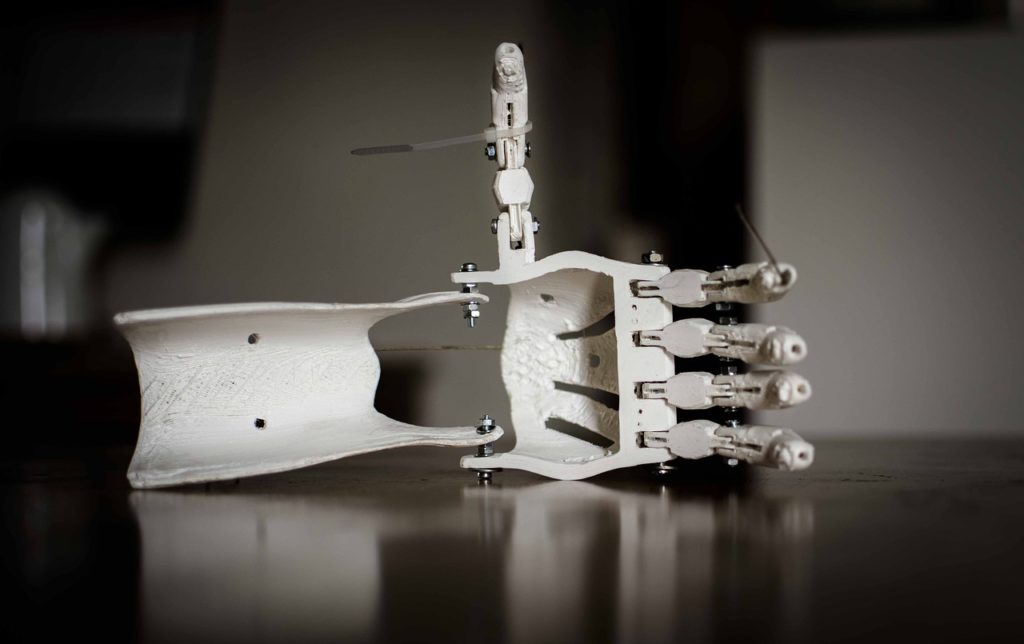
Precision medicine
As medical technology progresses, it becomes more personalized to specific patients. Precision medicine considers each patient’s genetics, environment, and lifestyle.
CRISPR
CRISPR (Clustered Regularly Interspaced Short Palindromic Repeats) is the most advanced gene-editing technology. It exploits the inherent mechanisms of invading virus immune systems in bacterial cells, which can ‘rip out’ infected DNA strands.
Telemedicine
Telehealth and telemedicine have grown in popularity since the Covid-19 pandemic began in 2020. Telemedicine relates to remote clinical services, whereas telehealth includes remote non-clinical services. Since the pandemic, more individuals have adopted a new way of working and living. This trend is expected to continue, with the worldwide telemedicine industry expected to expand from $68.36 billion to $218.49 billion by 2026.

Health Wearables
The demand for wearable gadgets has increased in recent years, with the advent of Bluetooth in 2000. People use wearables paired with their phones to track their steps, physical fitness, and heart rate to their sleeping patterns and in addition wearables can help prevent chronic illnesses such as diabetes and cardiovascular disease by assisting patients in monitoring and improving their fitness.
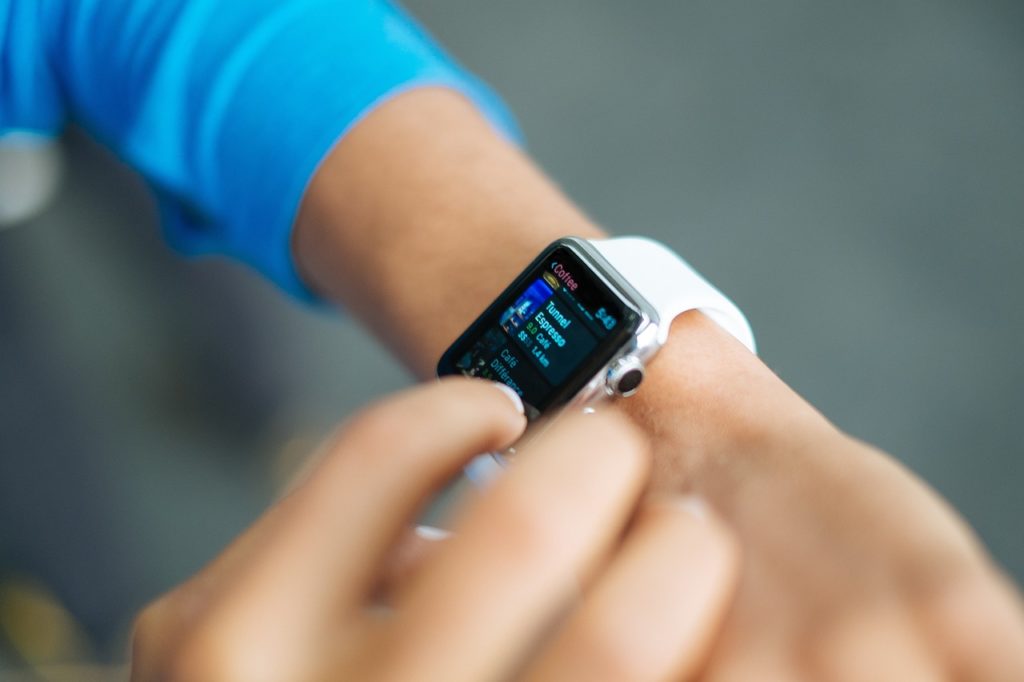
Mental health technology
Depression is expected to be the primary source of illness burden globally by 2030, making the need for novel medicines more critical than ever. Many new technologies have emerged in the previous year that can aid patients with their continuing mental health demands. Some apps can increasingly complete patient intakes and provide an initial diagnosis before a patient sees a therapist. As a result, ai-powered tools are revolutionizing how mental health treatments are given.
Clinical Trials Based on Genetic Profiles
Traditional research models have often overlooked race and ethnicity-based genetic differences in disease susceptibility. However, new genomic-based testing models are emerging in Asia, shedding light on genetic factors contributing to various ailments. These personalized therapies based on race and ethnic backgrounds provide hope for families battling genetic diseases.
Non-Invasive Prenatal DNA Testing (NIPD & NIPT)
Non-invasive prenatal diagnosis (NIPD), and non-invasive prenatal testing (NIPT) are revolutionary methods for prenatal paternity testing. Unlike invasive tests like CVS and amniocentesis, NIPD and NIPT use fetal cells found in maternal blood for analysis. These tests can determine paternity, assess the risk of over 100 X-linked genetic disorders, and determine the baby’s gender and blood type, all without risking miscarriage. They offer greater accuracy than standard blood tests and ultrasound scans.
Neurovascular Stent Retrievers for Stroke Victims
The introduction of neurovascular stent retrievers transforms stroke treatment. These devices are designed to swiftly remove blood clots in the brain, preventing long-term damage or even death. Time is crucial in stroke cases, and these stent retrievers, guided through the bloodstream, have proven to significantly enhance recovery rates when used within hours of the stroke event.
Early Cancer Detection Using Protein Biomarker Analysis
Proximity ligation assays (PLA) are introducing a paradigm shift in early cancer detection. These tests enable clinicians to measure and visualize protein complexes, aiding in the early detection and treatment of cancer. Unlike traditional genetic mutation tests, PLA offers real-time information on cancer presence, greatly improving survival rates.
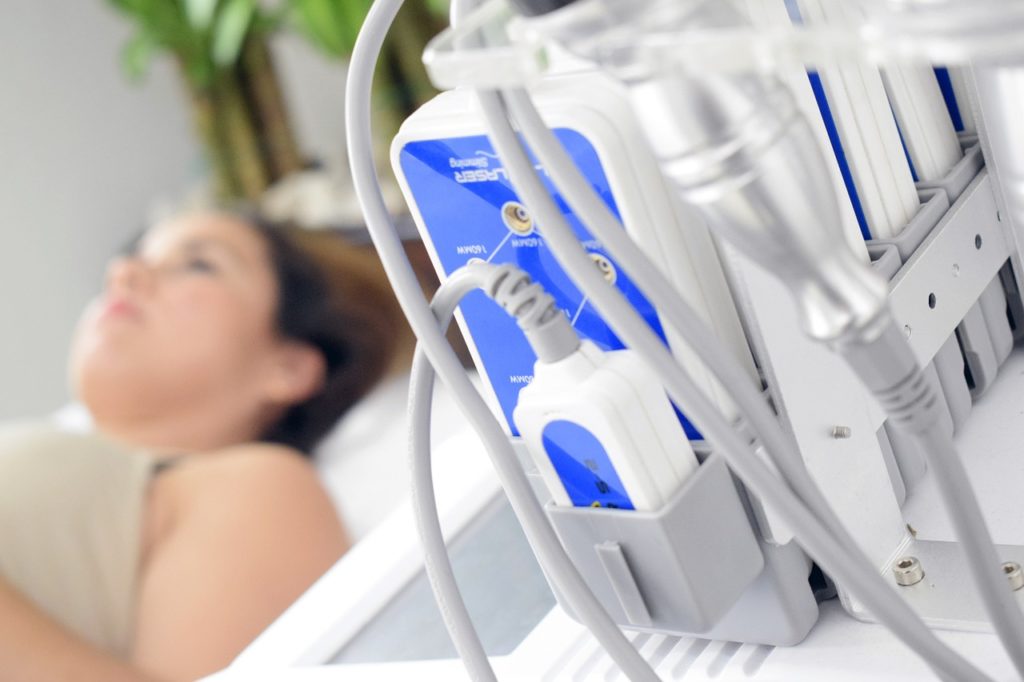
Neuro Sensor Feedback for Controlling Artificial Limbs
Researchers have developed more efficient methods for controlling prosthetic limbs using neural implants. These implants decode neural signals associated with limb movement, allowing patients with spinal cord injuries and traumatic brain damage to control artificial limbs with their thoughts. Ongoing research aims to make these interfaces safer, cheaper, and more accessible.
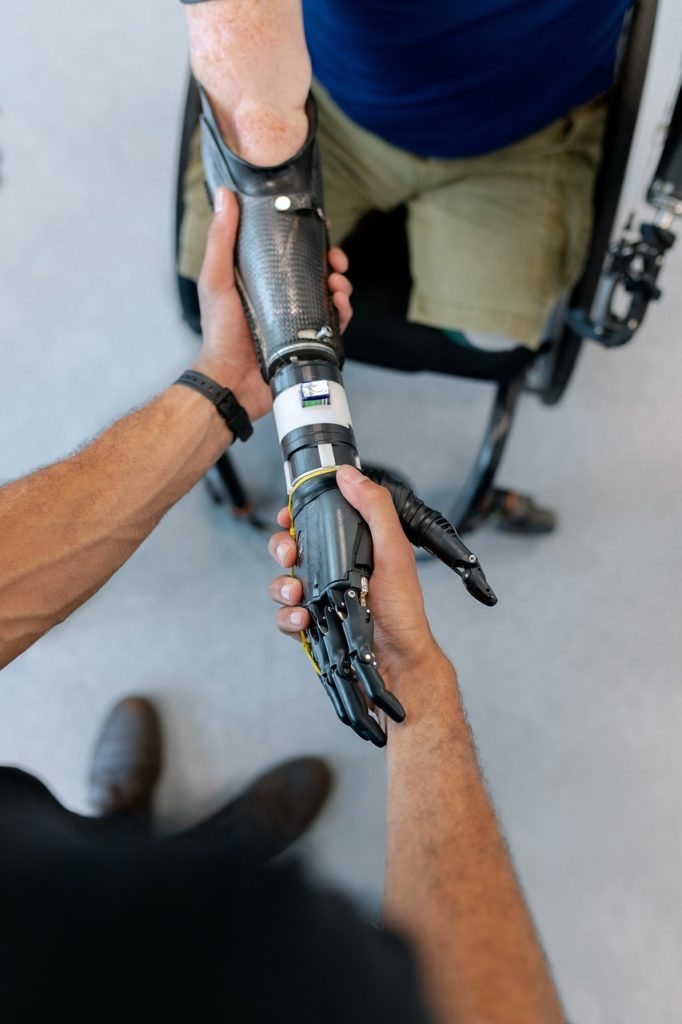
Treatment for Female Hypoactive Sexual Desire Disorder (HSDD)
Flibanserin, a medication recently approved by the American Food and Drug Administration, offers hope to women with HSDD. This condition, characterized by a lack of sexual desire, previously lacked effective treatments. Flibanserin stimulates natural stem cells and addresses the loss of sexual desire, relieving premenopausal women diagnosed with HSDD.
Non-Invasive Remote Glucose Monitoring for Diabetics
Diabetes management is poised for transformation by introducing non-invasive remote glucose monitoring. This technology eliminates the need for invasive blood tests and skin penetration by continuously measuring insulin levels. Patients receive real-time results, ensuring better control of their condition. Given the global impact of diabetes, this innovation promises a proactive approach to diabetes management.







